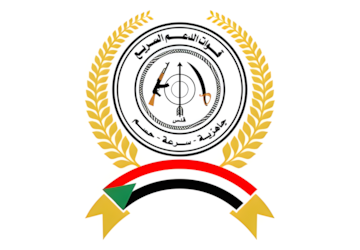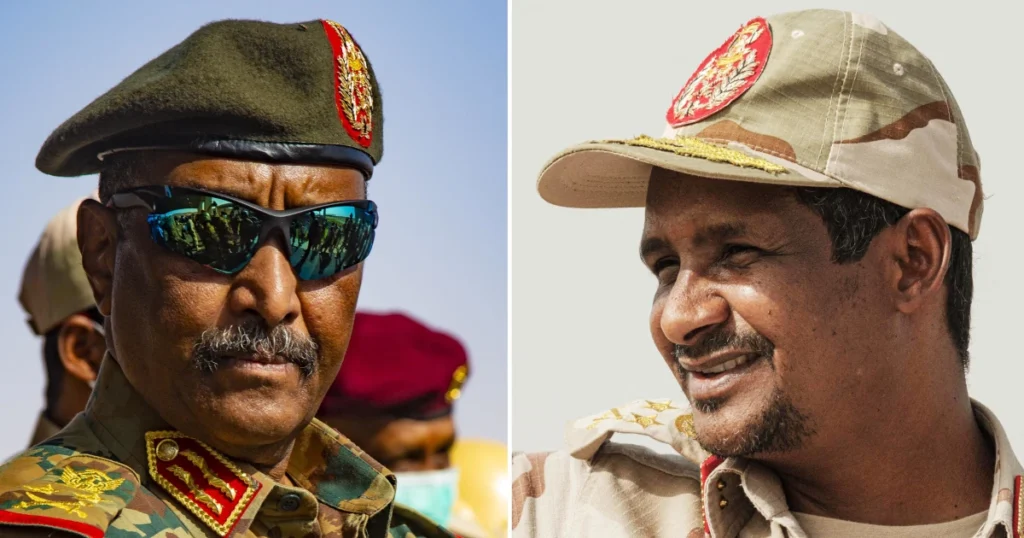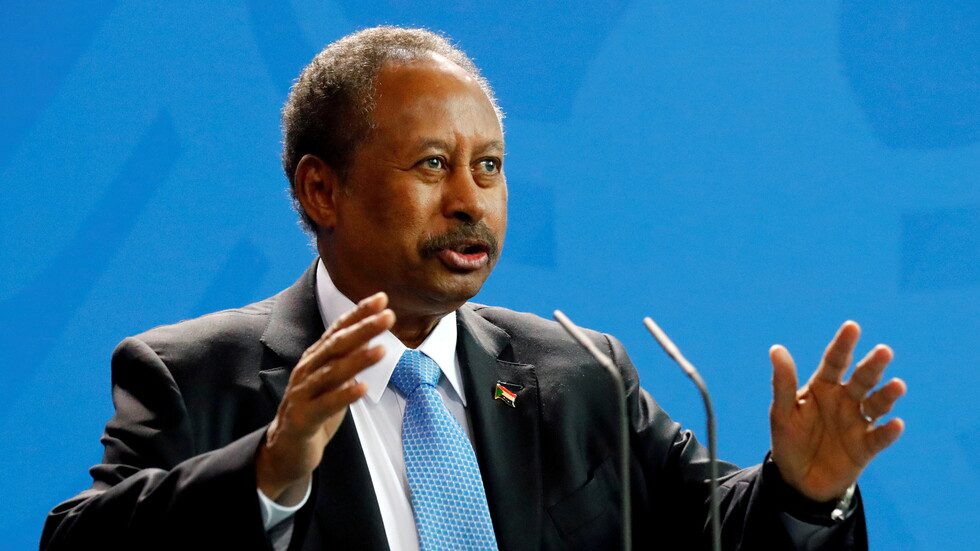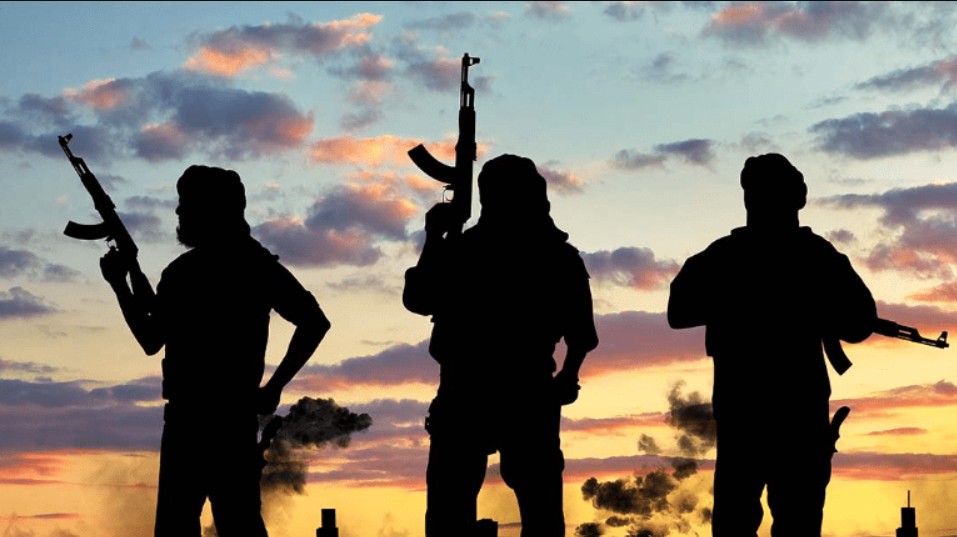
General al-Burhan’s SAF dominated government’s initiative to replace old banknotes with new currency has encountered significant resistance from the Rapid Support Forces (RSF).
As the replacement deadline concludes today in seven states and tomorrow in Sennar state, RSF-aligned civil administrations have declared the new currency illegal in areas under their control, criminalizing its possession and circulation.
Dr. Yousef Mukhair, head of the Legal Committee for the Supreme Council for Civil Administrations, announced at a press conference in Khartoum that possessing, circulating, or promoting the new currency is now considered an organized crime in RSF-controlled regions.
Penalties for violations range from one to ten years of imprisonment, fines, or both. Specifically, transactions involving the banned currency can lead to up to seven years in prison, while promoting it may result in five years’ imprisonment.
In response to concerns about the currency replacement process, the Public Prosecution has formed a committee to investigate allegations of funds designated for destruction leaking into circulation. Additionally, aiding or sheltering individuals dealing in the banned currency is now criminalized, with punishments including up to one year in prison or fines. Tools or vehicles used to facilitate these offenses will be confiscated.
A dedicated committee comprising judicial, prosecutorial, police, and financial experts has been established to oversee the destruction and disposal of the replaced currency. Meanwhile, the Committee for the Replacement of the Currency, led by White Nile state Governor Omar El Khalifa, has urged authorities to extend the replacement period until January 10. This extension aims to provide additional time for residents in rural villages and nomadic communities to exchange old notes and open bank accounts.
The SAF’s insistence on a new currency has effectively created a parallel financial system in Sudan, exacerbating existing divisions within the country.
Observers warn that this divided approach could deepen Sudan’s already fragile state, with the potential for severe economic and humanitarian consequences.




